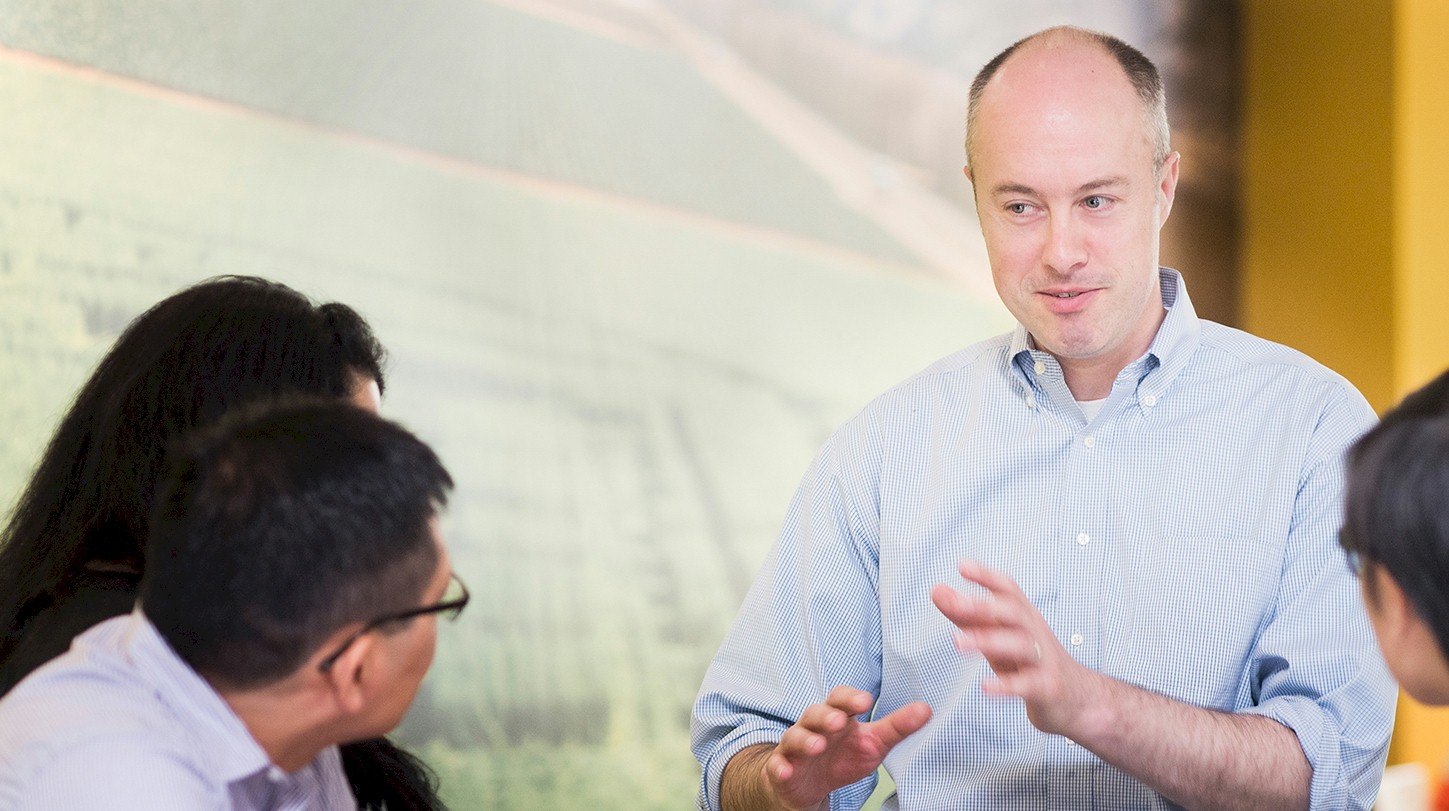
"Today we're in the phase where we have luminary workloads. We have amazing examples of where AI is going to make scientific discovery so much faster and more productive,"
"AI is statistics. It's machine learning. It's taking data and making a prediction. Statistics works in probabilities, which is not 64-bit floating point, it's how close to 1.0 are you."
"The narrative of 'Will AI replace simulation?' was the wrong question. It wasn't ever going to replace simulation. AI is a tool, one of many tools to be able to do scientific discovery."
Scientific computing is entering rapid change as AI is embedded into many workloads within one to two years, accelerating discovery and reshaping system design. Machine learning will augment simulations by prioritizing promising candidates for deeper investigation rather than replacing physics-based simulation. System architectures will evolve to optimize AI-driven workloads, following the prior GPU acceleration trend that flipped the Top500 to more than 80 percent GPU-accelerated systems. AI operates statistically, making probabilistic predictions rather than exact 64-bit floating-point answers, and will be one of multiple tools used to improve productivity and focus research efforts.
Read at Theregister
Unable to calculate read time
Collection
[
|
...
]